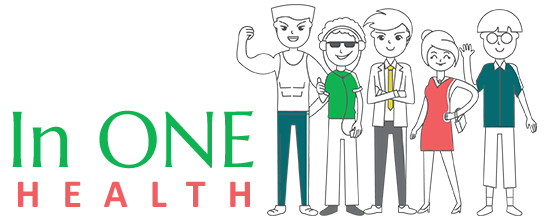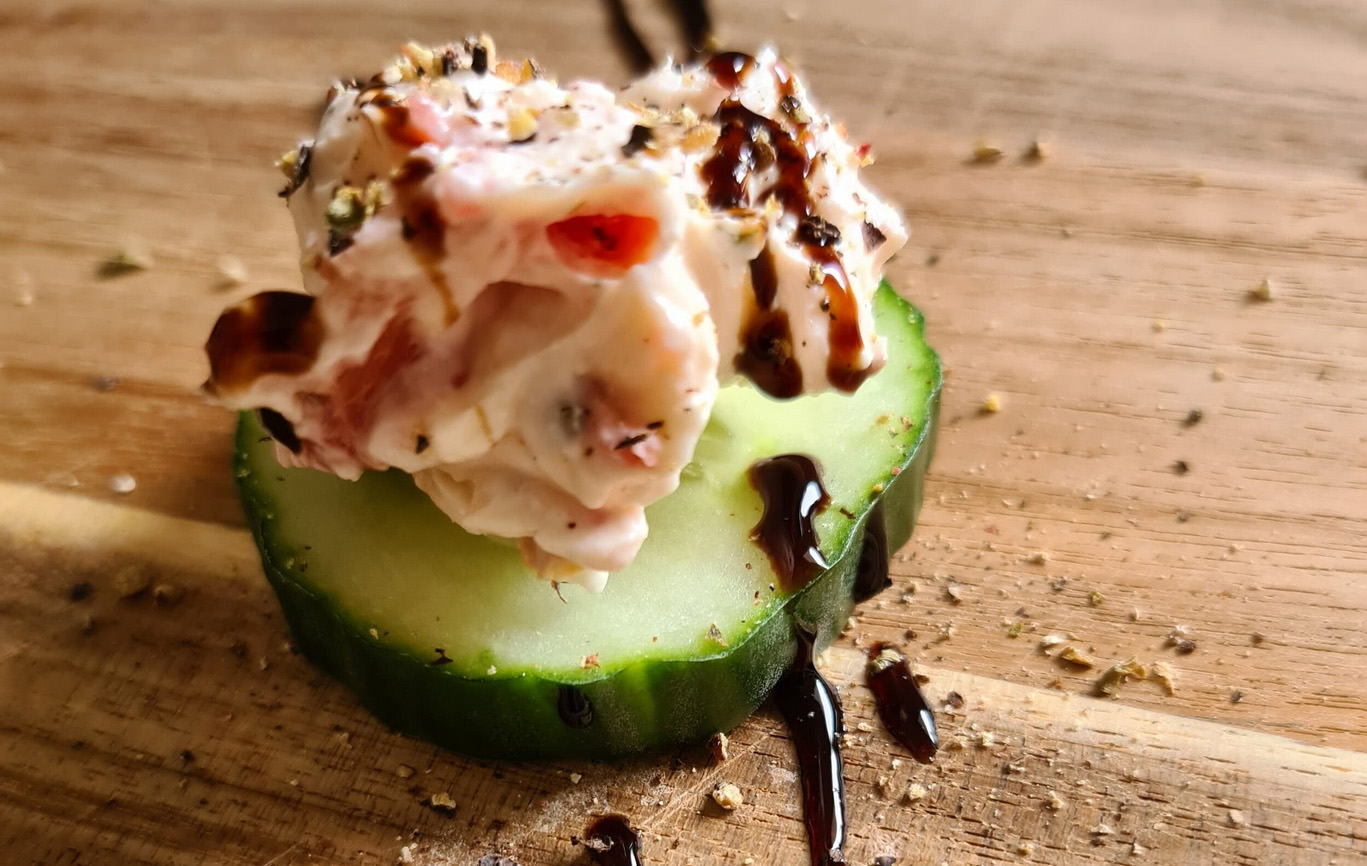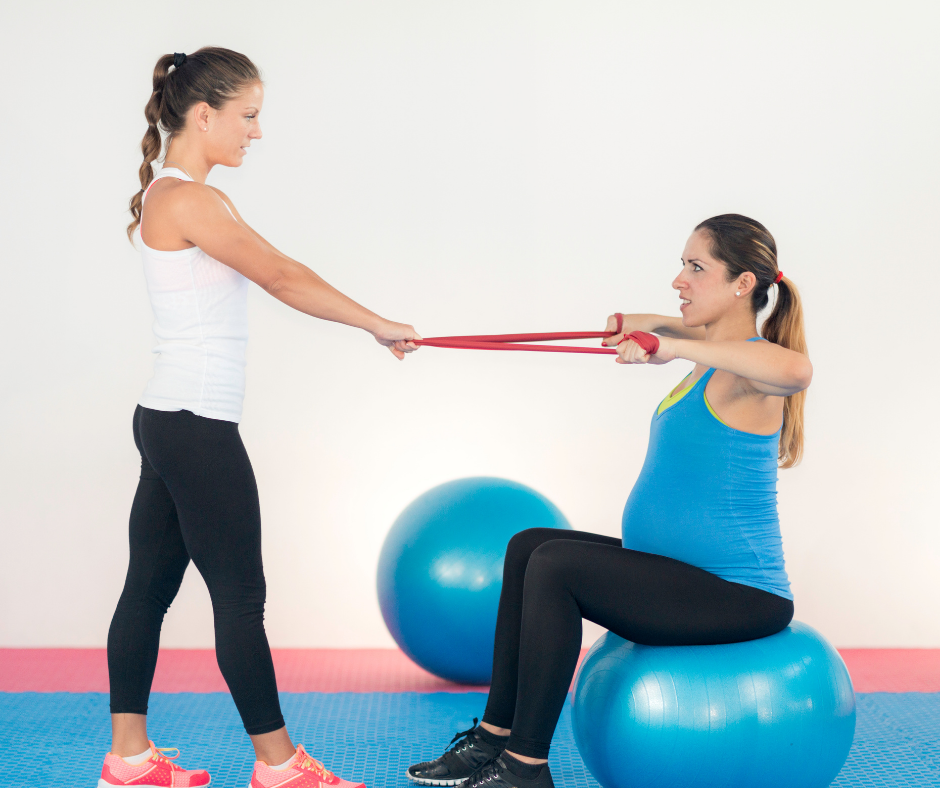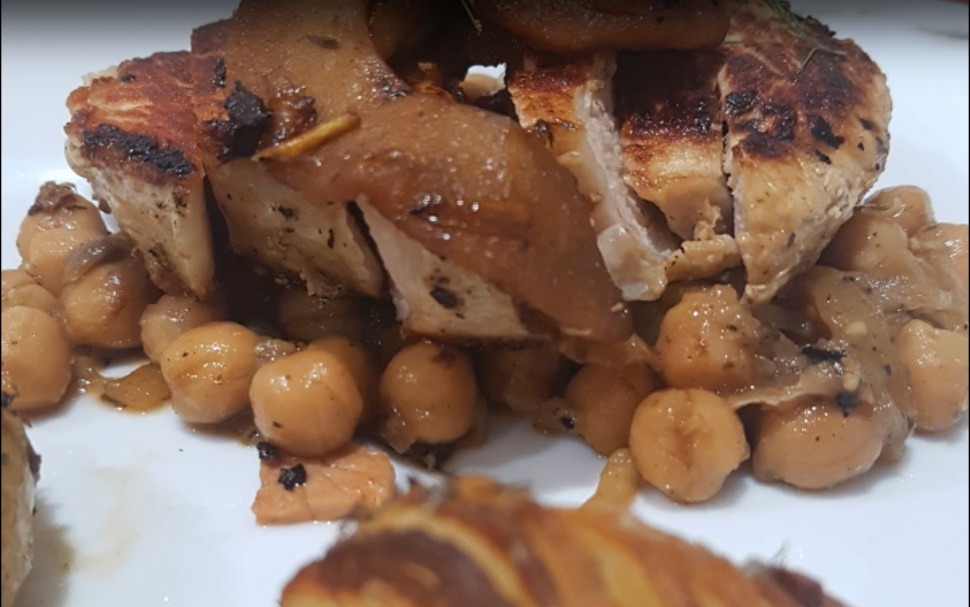Calcium, acidic diets and your bones
The Bare Bones of it
Bone is mostly made of protein (about 50% of bone is protein) and also has a whole lot of a mineral called calcium.
In the 1970s and 1980s we thought that eating too much protein would make our bodies acidic and that in the process of reducing this acidity calcium was released from the bones into our blood and eventually urinated out. The result of this would be weak, brittle bones.
Newer research has shown that when we eat more protein, our body also absorbs more calcium from our intestines into our bloodstream. So, the calcium we see coming out in our urine, is simply the leftover calcium our body didn’t need (not calcium from our bones).
Calling all Calcium
Other than being important in bone health, calcium is also vital for example, in helping muscles squeeze together in movement and helping the heart work. Too much calcium in the blood will cause problems with the heart, muscle weakness and confusion- just to name a few.
The right balance of calcium in the blood is very important and tightly controlled. If you eat a lot of high calcium foods, a healthy body will store as much as it needs in the bones and then simply wee the extra stuff away. When we don’t eat enough calcium foods, our body takes calcium from the bones into the blood to use for more important chores like keeping your heart beating. In a way, your body sacrifices the bones to keep you alive.
Acid vs Alkaline
You might have heard that some foods cause acidity in the body and others make your blood alkaline. The research around protein and calcium is part of what forms the basis of this theory. The theory being that if acid-causing foods cause weak bones when the calcium is taken out, then a diet high in alkaline foods will help prevent this from happening. There is some evidence that this is the case in someone with severe kidney disease because they are not able to clear out excess via urine compared to someone with healthy kidneys.
But what is really key is understanding how well your body manages its own balance of acid vs alkaline. This balance is called your pH.
How basic are you?
The pH of your blood is very important for your health. Your blood has a pH of about 7.4 (scale is: 0 being strongly acidic and 14 being strongly alkaline or basic). If your blood pH falls below 7.35 (yes, just 0.05 difference) you can experience symptoms as severe as vomiting and confusion. Equally, if your blood goes above about 7.45 pH (i.e. becomes more basic), you may feel muscle spasms/twitching, vomiting, numbness and even a coma. This means there is a very narrow range in which your pH must sit.
So how does the body do this?
1. Your lungs help you breathe out excess acid (in the form of carbon dioxide)
2. Your kidneys filter your blood, taking out any excess acid and put it into your urine
There is no evidence that eating “acidic” foods will change your blood pH which means your food will not change how much calcium is taken from your bones. To be perfectly honest, it’s a lucky thing that what we eat doesn’t change the pH, because it would be a constant battle of acidic vs basic/alkaline foods to achieve the perfect balance.
I came for the calcium!
Okay, okay, let’s get back to the calcium! Before the age of around 30 years, eating enough calcium will help maximise the calcium and strength in the bones. Our bodies absorb the calcium from animal foods (e.g. dairy) better than from plant foods (e.g. soy or almonds), so if you avoid dairy or follow a plant-based diet, you may need to eat/drink a little more than your target to make sure your body absorbs the amount you need.
Adult men and women need 1000-1300mg of calcium each day, depending on your age (see the table below to find out what you need).
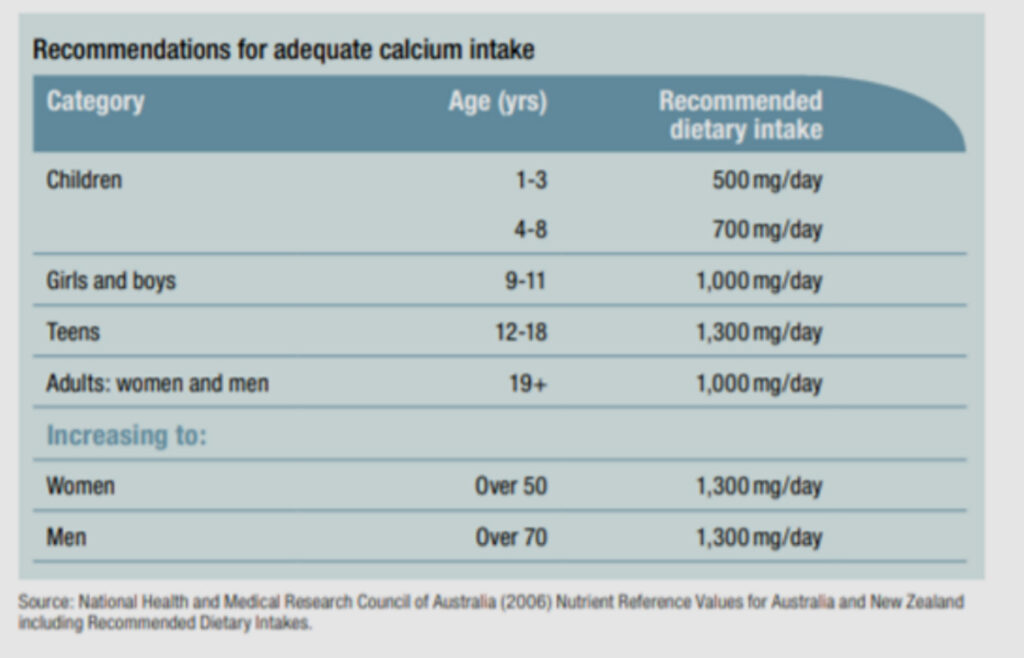
The easiest way to get the calcium you need is from dairy with a glass of milk having 300-350mg of calcium, yoghurt having around 400mg/200g tub and cheese having 150mg/slice.
If you have a cup of milk with your cereal or coffee, a tub of yoghurt and fruit as a snack and 2 slices of cheese on your sandwich you will have eaten around 1000mg of calcium!
Check out how much calcium is in this list of foods and add up what you get in a day!
